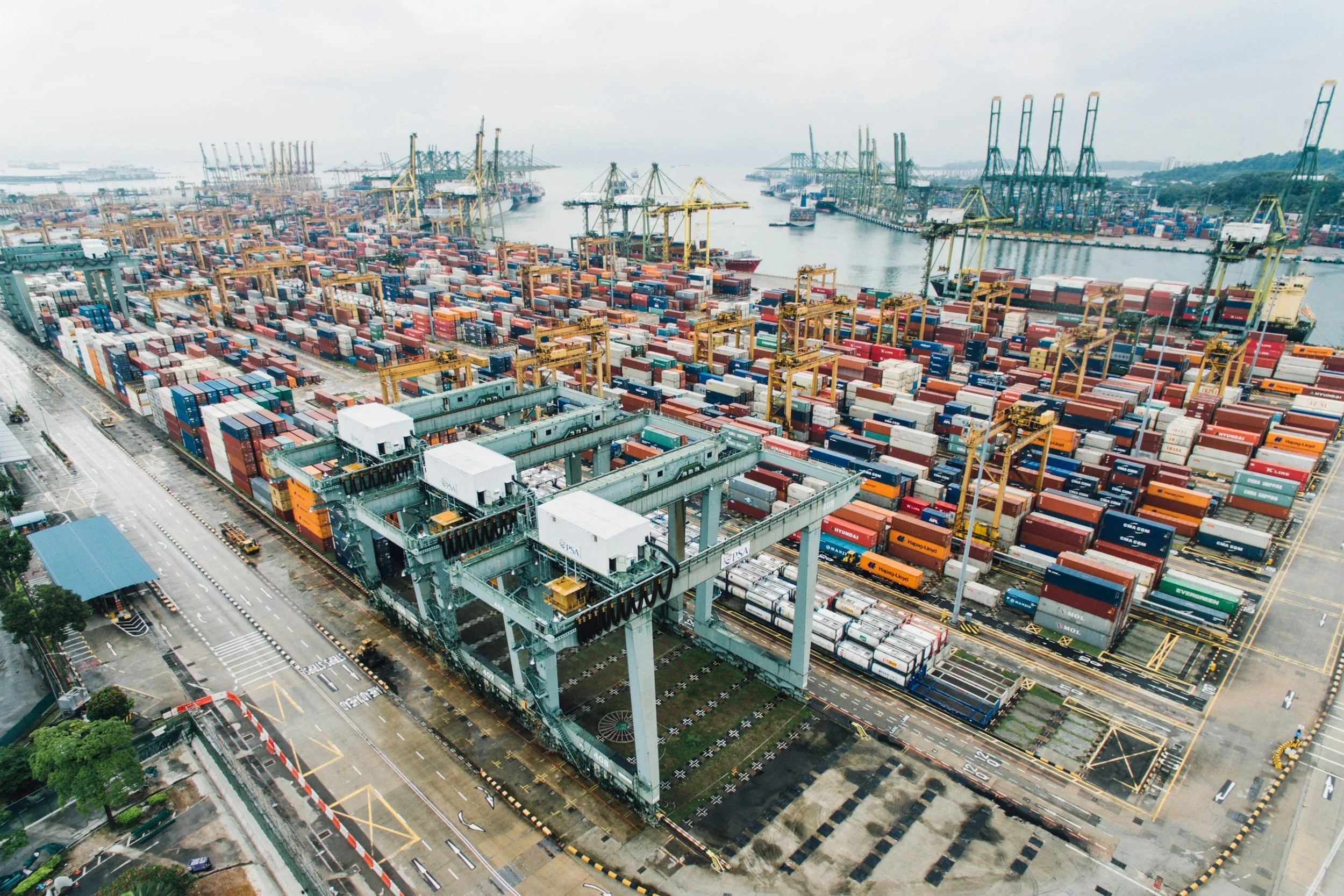Industry Insights: Ram Ganesh Kamatham from the Sustainable Shipping Initiative
We speak to Ram Ganesh Kamatham, Head of Programmes at SASHA’s knowledge partner the Sustainable Shipping Initiative (SSI), a non-profit convening industry members from across the maritime ecosystem to advance decarbonising shipping.
Four ways the Clean Industrial Deal should boost EU shipping and aviation competitiveness
The SASHA Coalition suggests four policies for the EU Clean Industrial Deal to decarbonise shipping and aviation with green hydrogen e-fuels and boost competitiveness.
Putting green hydrogen policy on the agenda at the Labour Party Conference
Last week, the SASHA Coalition headed to the Labour Party Conference to talk green hydrogen policy. With the new government less than 100 days old, we were keen to hear what’s top of the policy agenda and raise awareness of green hydrogen’s vital role in decarbonising shipping and aviation.
Industry Insights: Scott Pendry from Cranfield Aerospace Solutions
We speak to Scott Pendry, Director of External Relations at Cranfield Aerospace Solutions, a company developing hydrogen propulsion fuel cell aviation.
Industry Insights: Martin Nielsen from Arcadia eFuels
In the first in our new Industry Insights blogpost series, we speak to Martin Nielsen, Plant Manager at Arcadia eFuels, a company using renewable electricity to produce e-fuels, crucial for decarbonising hard-to-electrify sectors like aviation and shipping. Martin oversees the company’s landmark first e-fuel plant will be constructed in Vordingborg, Denmark.
What is the UK government’s revenue support mechanism, and how can it be good for e-fuels?
One of the more obscure of the 40 bills announced in the King’s Speech last week was the Sustainable Aviation Fuel (Revenue Support Mechanism) Bill. What is a revenue support mechanism? Our Policy Officer Nuala Doyle explains why this financial policy could make or break the UK e-fuel industry.
What the next government can do for UK shipping and aviation
As shipping and aviation are two of the most emission-intensive industries, the new government must focus on decarbonising these sectors for the UK economy to reach net zero by 2050. Here are the key things our next government needs to put on its to do list from day one in office.
The UK’s SAF mandate is here – what does it mean for aviation’s decarbonisation?
The SAF mandate is a crucial regulation supporting the UK government's headline Jet Zero Strategy. But is it ambitious enough to drive aviation's decarbonisation at the pace required?
What do the EU’s 2040 climate targets mean for shipping and aviation?
How will the European Commission's plan to cut greenhouse gas emissions affect shipping and aviation?











